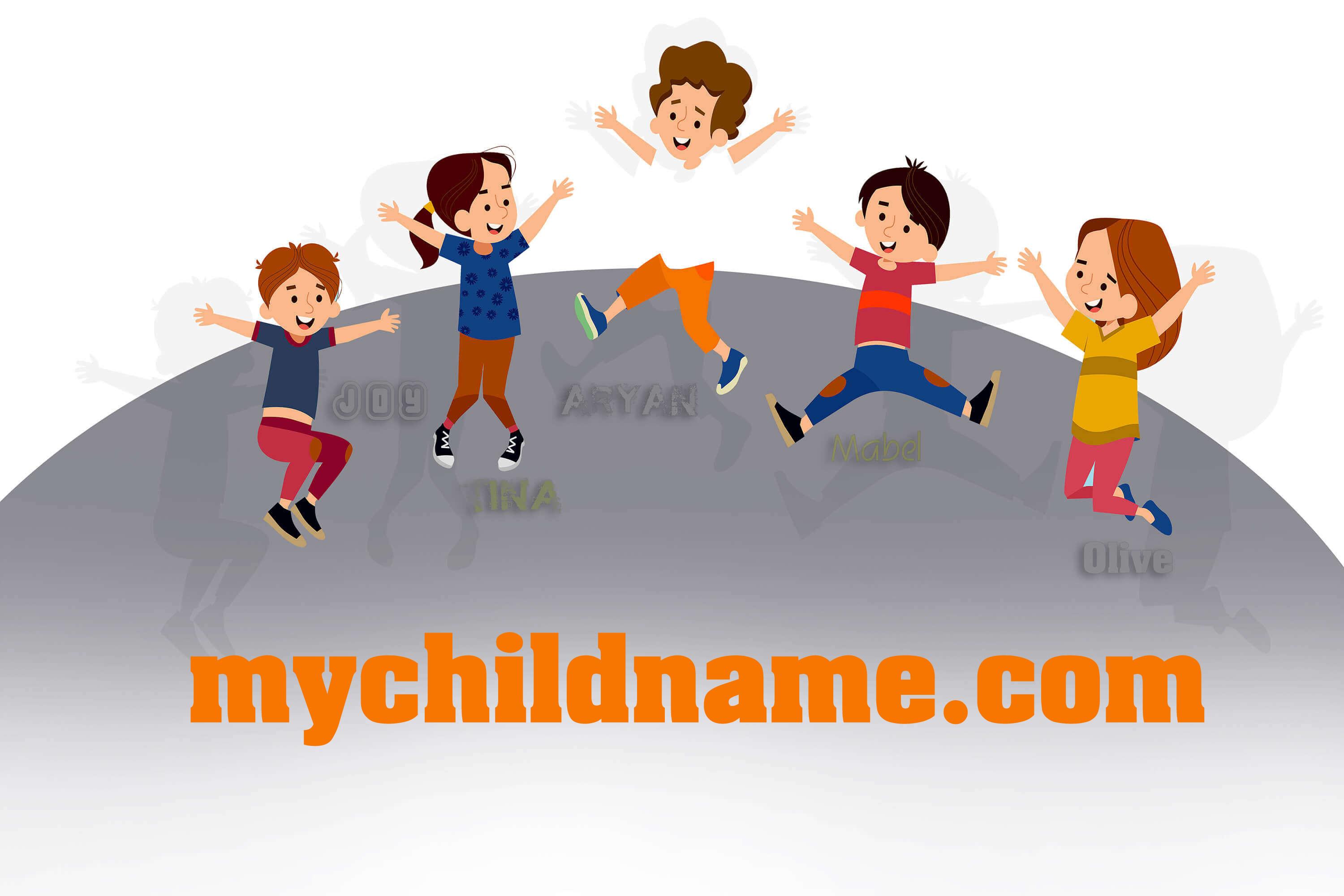Explore how cultural backgrounds can influence baby name meanings

Choosing a name for your child is a big decision that will stick with them for the rest of their lives. It's a way to give them an identity and a sense of belonging. While some parents may choose names based on personal preferences or trends, others may look to their cultural backgrounds for inspiration.
Cultural backgrounds can play a significant role in shaping the meanings and significance behind baby names. Every culture has its own traditions, beliefs, and values that are often reflected in the names chosen for children. These names can carry a rich history and heritage, connecting the child to their roots and ancestors.
For example, in some cultures, names are chosen based on their spiritual or religious significance. Names may be derived from religious texts, mythology, or saints, with the hope of bestowing blessings and protection upon the child. In Hindu culture, names like "Aarav" (peaceful) or "Anaya" (without a superior) are considered auspicious and are believed to bring positivity and good fortune to the child.
In other cultures, names may be chosen to honor family members or ancestors. This practice can help preserve family traditions and legacy, ensuring that the child carries on the family name with pride. In Chinese culture, it is common for parents to choose names with characters that reflect their hopes and aspirations for their child's future, such as "Jing" (quiet) or "Yue" (moon).
Cultural backgrounds can also influence the meanings behind names in more subtle ways. For instance, certain sounds or letters may hold special significance in certain cultures. In Arabic culture, names like "Nour" (light) or "Sami" (elevated) often carry meanings related to spirituality, enlightenment, and wisdom. In Japanese culture, names like "Haru" (spring) or "Aoi" (blue) may be inspired by nature and the changing seasons.
Furthermore, cultural traditions and customs may dictate specific naming conventions and rules. In many African cultures, names are chosen based on the day of the week or the circumstances surrounding the child's birth. For example, in Ghana, a child born on a Monday may be named "Kwadwo" for a boy or "Adwoa" for a girl, which means "born on a Monday".
As our world becomes more interconnected and diverse, many parents are choosing names that reflect their multicultural backgrounds or pay homage to different cultures. This can create a beautiful tapestry of names that celebrate the richness and diversity of our global community.
In conclusion, cultural backgrounds can have a profound influence on the meanings and significance behind baby names. Whether rooted in religion, family traditions, or linguistic nuances, names can serve as a powerful link to our heritage and identity. By exploring the cultural aspects of names, parents can unlock hidden meanings and connections that can enrich their child's life and story. So, next time you're searching for the perfect name for your little one, consider looking to your cultural roots for inspiration and discover the beauty and depth behind each name choice.
- Art
- Causes
- Crafts
- Dance
- Drinks
- Film
- Fitness
- Food
- Oyunlar
- Gardening
- Health
- Home
- Literature
- Music
- Networking
- Other
- Party
- Religion
- Shopping
- Sports
- Theater
- Wellness
- IT, Cloud, Software and Technology


